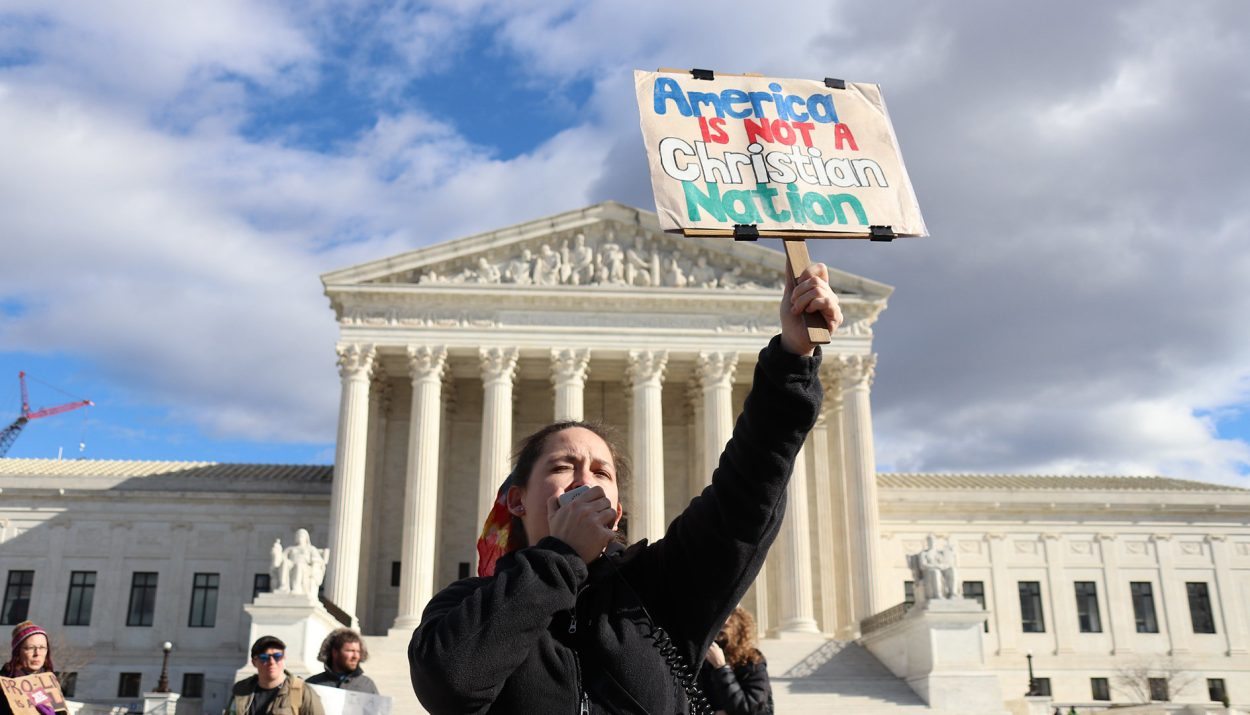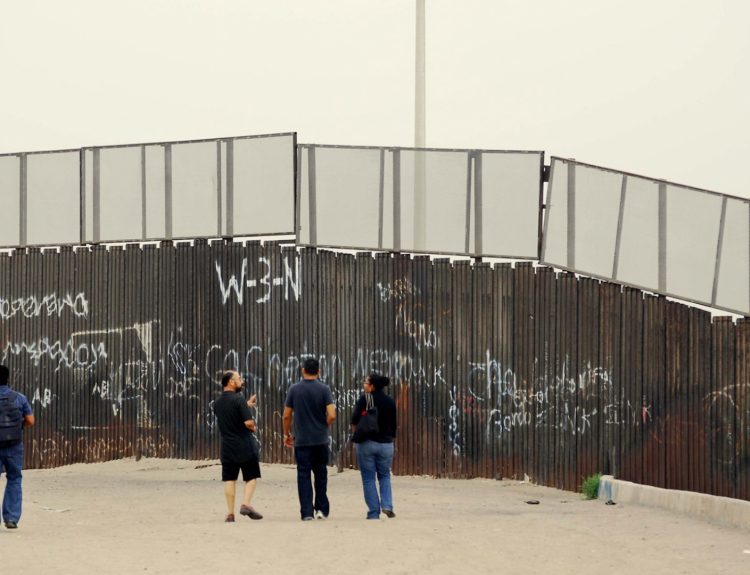The Supreme Court has taken on multiple controversial cases over the last several years. They’ve addressed the environment, affirmative action, and Indigenous rights for Native Americans. Most prominently, though, they rolled back a fifty-year old precedent guaranteeing the right to an abortion to American women in the infamous Dobbs decision, and now they’re about to take up the hot potato of abortion yet again.
More Than One Case Regarding Abortion
Since the Dobbs decision, more than one case has come up to the Supreme Court regarding abortion, as groups attempt to restrict rights to abortion further. One such case is regarding the medication mifepristone, which is used in medication abortions and which pro-life groups are trying to have banned from the market.
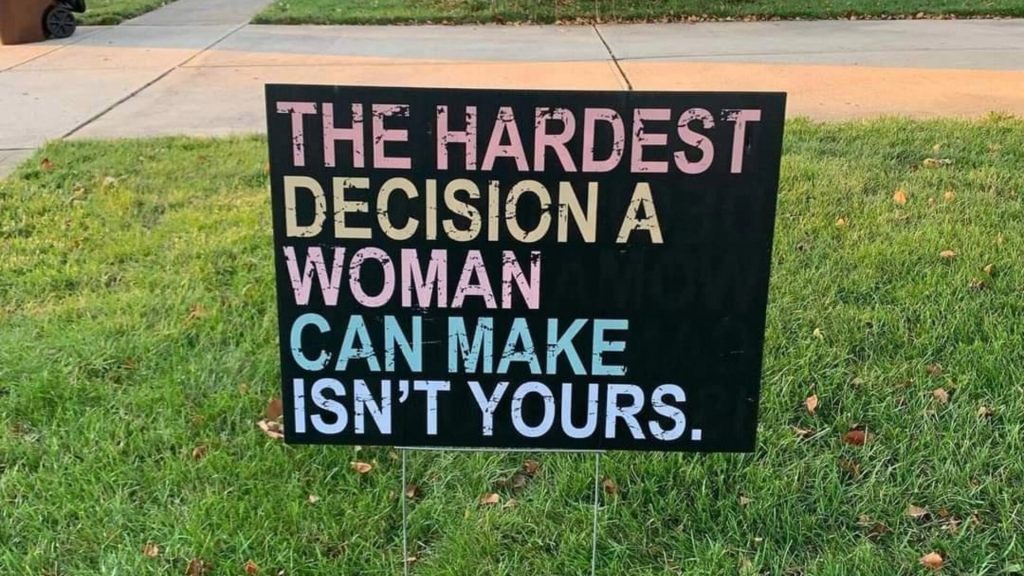
Recently, though, the Supreme Court has taken up a case that not only has to do with abortion, it has to do with hospitals and state-funded healthcare. It’s a case that has drawn eyes from legal experts all over the country, who are interested to see how this case is going to progress.
A Case Out of Idaho
The case in question originates in Idaho, where the Biden administration is using a very narrow portion of existing healthcare law to challenge the near-total abortion ban that has been instituted in Idaho.
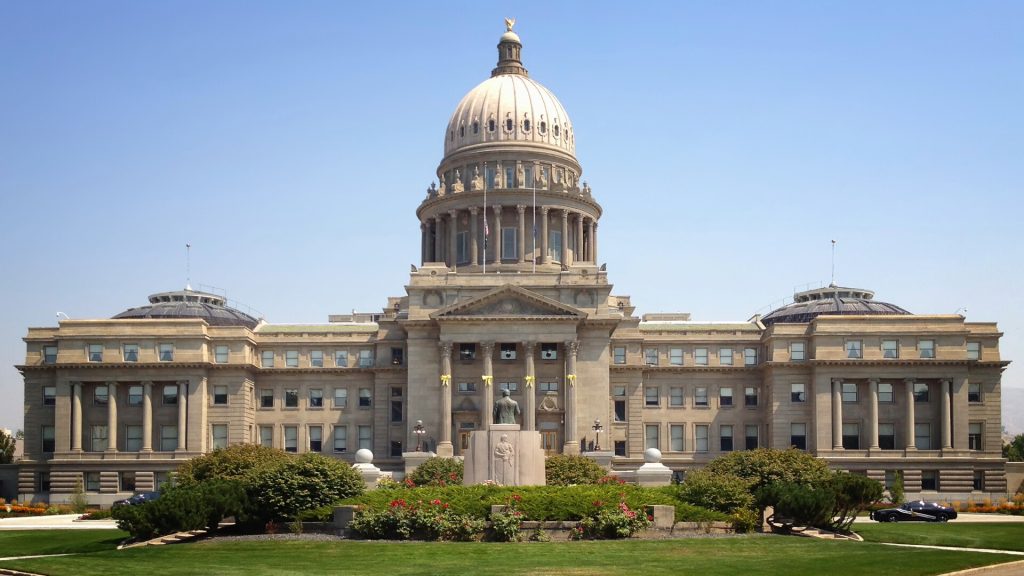
Idaho was one of several states to pass “trigger” laws ahead of the Dobbs decision. Trigger laws are laws that are only put into place if other conditions are passed. In the case of abortion, anti-choice states passed trigger laws that would go into effect if the right to an abortion was ever overturned on the Supreme Court level.
Idaho’s Law is Particularly Strict
Texas has made a lot of headlines in the years since the Dobbs decision for their harsh lasws regarding abortion and anti-choice advocacy, but the Idaho law is a particularly harsh penalty for women. The trigger law was passed in 2020, and became law after the Dobbs decision in 2022.
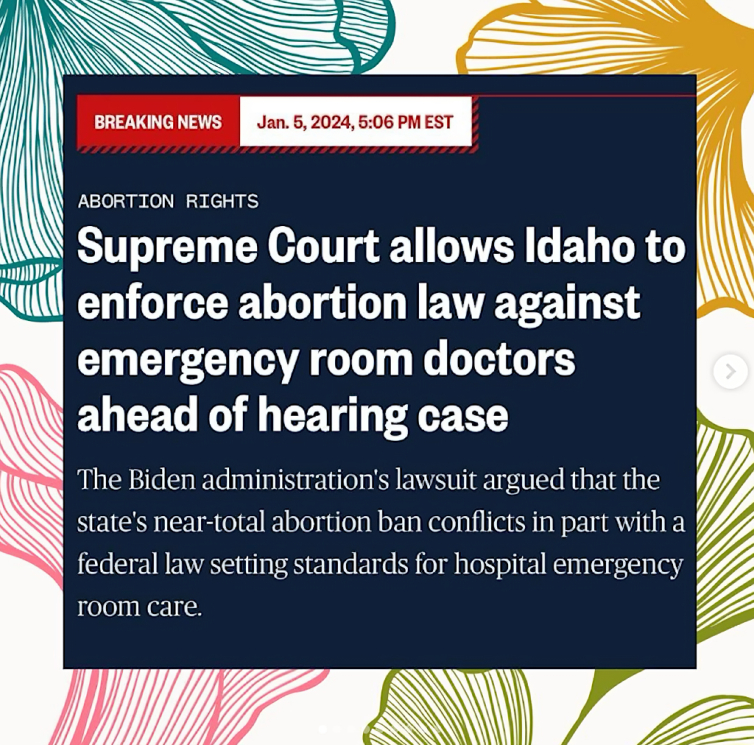
Idaho’s law bans abortions at all stages of pregnancy, full stop. There is one small exception in the law, where an abortion may be performed if, and only if, the life of the mother is in danger. Unlike some other states with harsh abortion restrictions, there is no exception for circumstances of conception or for fatal fetal abnormalities.
The Biden Administration Stepping In
The language of the law has been challenged by the Biden administration, who stated that Idaho’s law oversteps an important part of federal public health law. The law states that hospitals who accept Medicaid, a federally funded health program, must be able to provide emergency care.
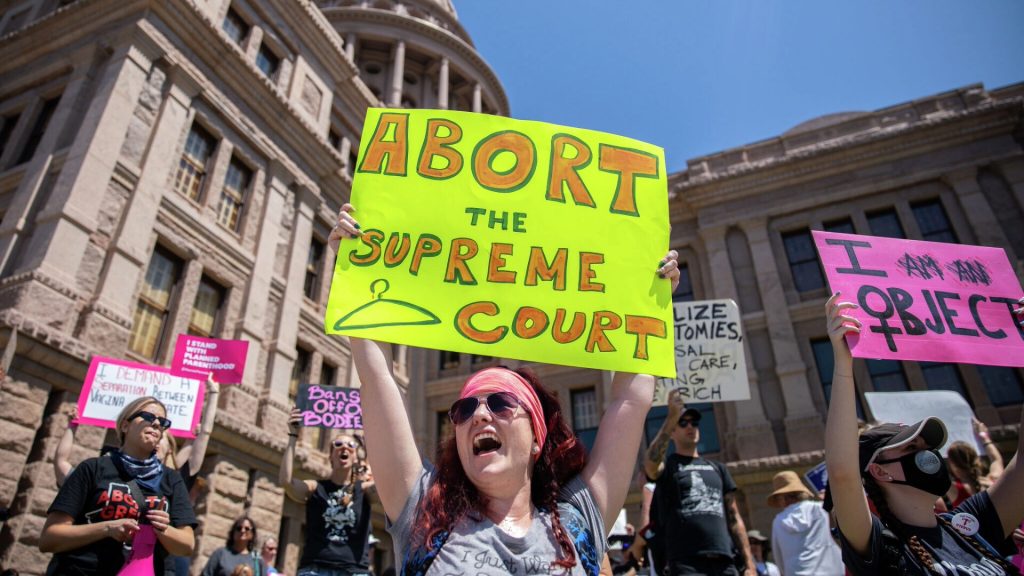
The administration went on to state that the law required that abortion is necessarily under the umbrella of emergency care, if and when it is necessary to save the life of a patient. Laws like Idaho’s are worded vaguely, and it’s caused quite a problem for many doctors and hospitals, who are unsure exactly what care they can offer a patient without risking their license or criminal charges.
Based In 40 Year Old Legislation
The Biden challenge to the Idaho law is based on the Emergency Medical Treatment and Active Labor Act, a law that was passed to ensure that hospitals who receive Medicaid and Medicare funds treat patients with emergency conditions. After the Dobbs decision, the administration clarified that the 19986 act also applied to abortion care, when it addresses the health and life of the pregnant woman.

A lower court in Idaho agreed with the administration, and blocked the implementation of the law. After having appealed it to the Idaho appellate court, they found that the law was sound and implemented it, pending review on an expedited basis.
Confusing Opinions
There has been a back and forth between Idaho appeals courts and conflicting opinions, with one judge banning the emergency provision in the law outright, and an appeals court disagreeing. It has caused the state of Idaho to request for the Supreme Court to intervene, in order to clarify the issue.
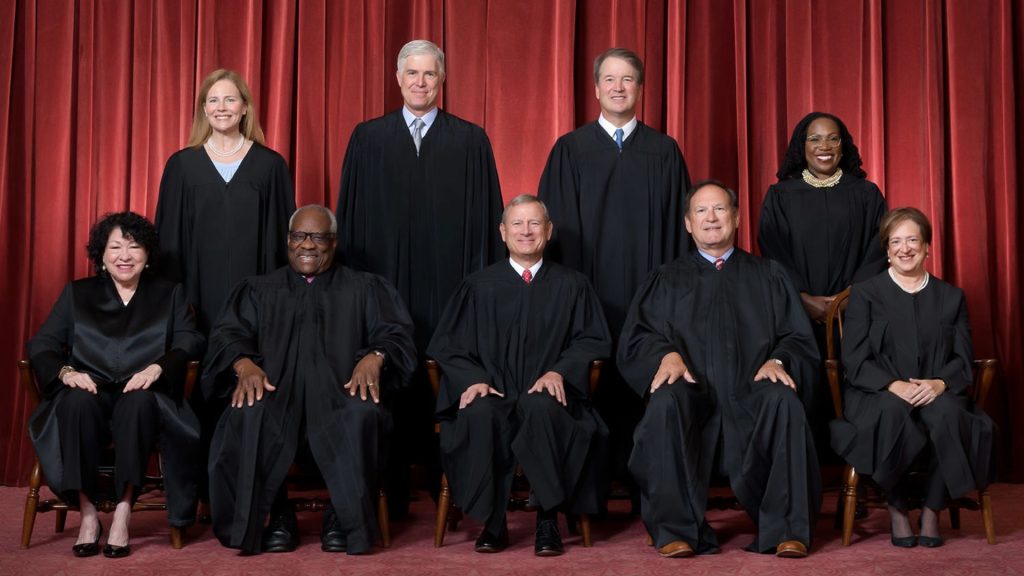
Supreme Court intervention may have ultimately been necessary in answering this question, even if Idaho hadn’t asked them to step in. An appeal to a similar law in Texas found that the federal law did not necessitate that hospitals provide emergency abortions under the Emergency Medical Treatment act, and the Supreme Court does not like conflicting opinions.
Abortion Rights Activists Are Unhappy
Abortions rights activists have been challenging laws like the ones in Idaho and Texas ever since the Dobbs decisions. Many activists have stated that the laws are written deliberately vaguely, and have accused pro-life organizations of punishing women for having the audacity to get pregnant.
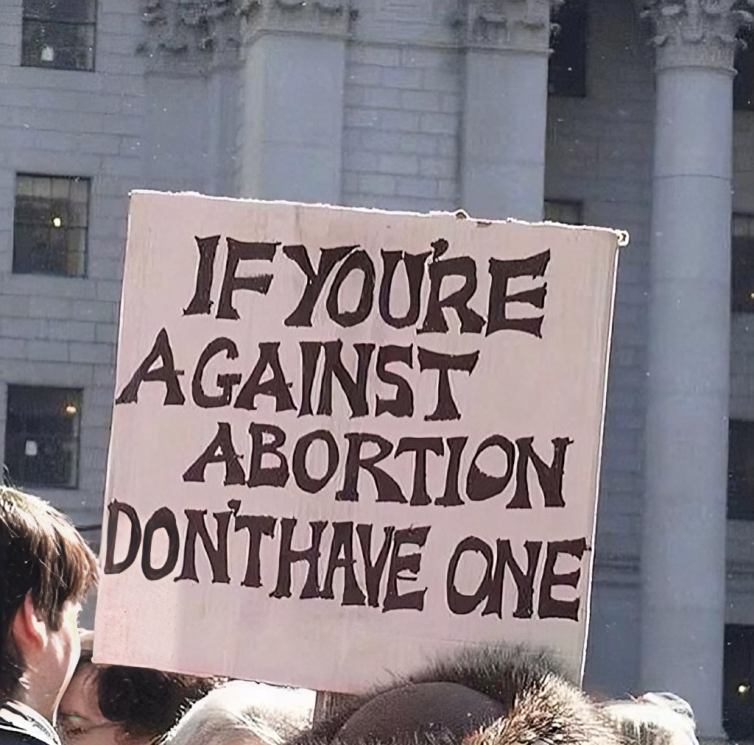
Even worse is when these laws interfere with the healthcare of a woman who desperately wants a baby, but finds out that the baby has life-threatening birth defects or has died in the womb. Abortions are a necessary medical procedure in these cases, and laws like in Texas and Idaho have made doctors fearful for their licenses and their legal standing if they provide care to their patients in these difficult circumstances.
Doctors Stuck In Limbo
While the Supreme Court has agreed to take up the issue of the abortion case in Idaho, the opinion could still be months away. In the meantime, this has left many doctors in limbo in Idaho, unsure of what they are able to do to treat patients and fearing for their livelihoods in the meantime.
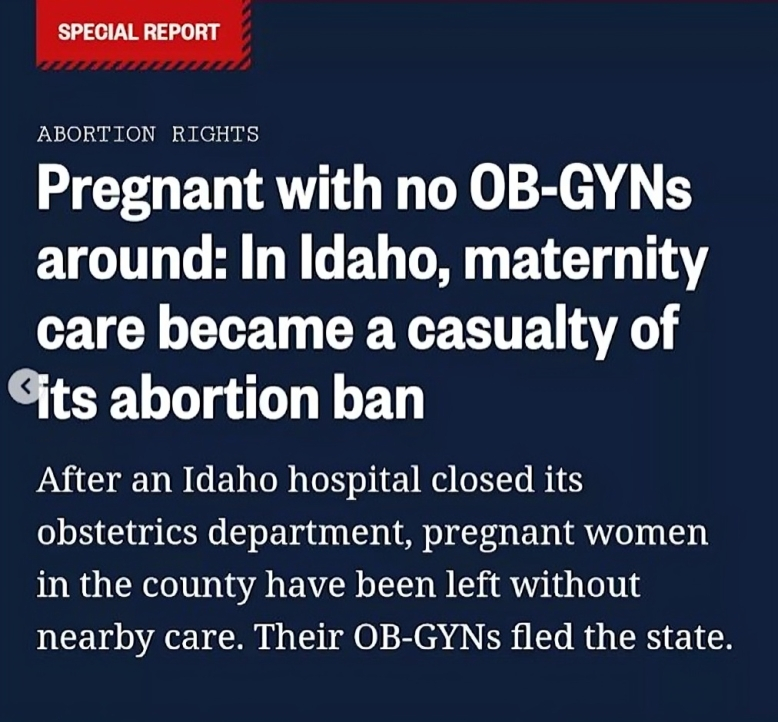
The situation has become so dire that in Idaho and many other states, doctors have decided that moving to other states with more healthcare-friendly laws is the right choice. Some counties across the country have had to shut down their Labor and Delivery departments due to this exodus, due to a lack of providers to provide healthcare for pregnant women.
An Emotional Issue, and an Ongoing One
The issue of abortion is understandably an emotional one, one that affects all people, not just those who can get pregnant. The patchwork of laws that have been put into place across the country in the wake of the Dobbs decision has made women and doctors increasingly in the position of having to make a very difficult choice.
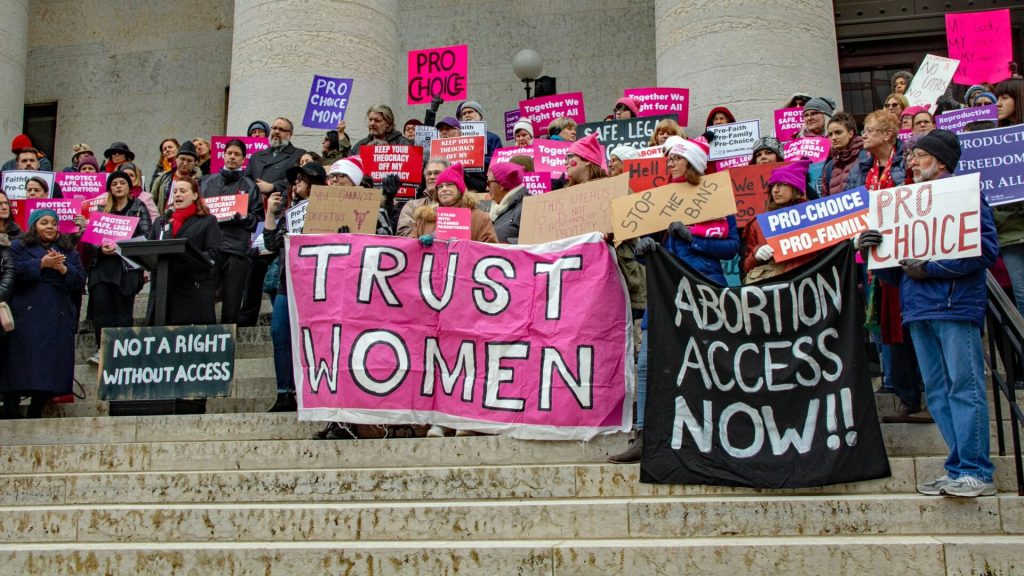
For some women, this has meant seeking out permanent sterilization in order to avoid the risk of getting pregnant altogether. For doctors, some are leaving the field. While it’s possible that this new Supreme Court decision will offer some much-needed clarity and consistency for states across the country, many pro-choice advocates are unfortunately not hopeful.

